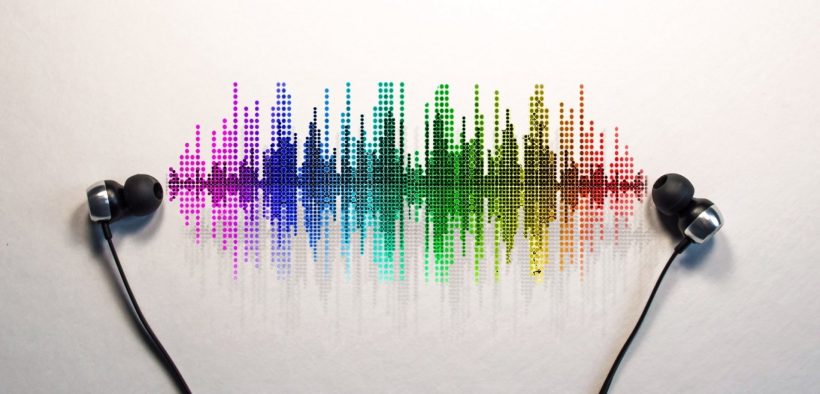🎵 Music Can Be Great for You
Advertisements

Music is like a superpower when used wisely. It can lift your mood, calm your mind, and even help you focus. Listening to your favorite songs can increase dopamine, the “feel-good” chemical in your brain. Soft, instrumental music can make it easier to concentrate while studying or doing homework.
Music is also great for workouts. Fast, energetic beats can keep you moving and make exercising feel more fun. Studies have even shown that music helps reduce feelings of tiredness during physical activity. For teens dealing with stress or trouble sleeping, gentle music before bed can help the body relax and lead to better sleep.
🚫 But Too Much Can Be a Problem
Despite the benefits, there are risks to constant music listening—especially through headphones. Listening at high volumes for too long can damage the tiny hair cells inside your ears. This can lead to hearing loss or a ringing sound called tinnitus. If your ears feel muffled after listening, it’s a sign you need to turn the volume down.
Music can also become a distraction. If you need it 24/7 just to focus or feel okay, it might be a sign you’re relying on it too much. Some teens use music to avoid dealing with emotions or to block out the world. While this might feel comforting at first, it’s not a long-term solution for stress or anxiety.
💬 What Other Teens Say
Many teens believe music helps them feel better, and they’re not wrong. One teen on social media wrote, “Music doesn’t have any real consequences—except maybe hearing loss.” Another said, “I listen to music constantly because it helps me feel something. It gives me energy.” These thoughts are common, but they also show how easily music can become a crutch.
🎧 Healthy Listening Habits
To keep your music habits healthy, follow a few simple rules. First, keep the volume at 60% or lower and limit headphone use to 60 minutes at a time. If someone else can hear your music through your earbuds, it’s too loud.
Second, take breaks. Create moments in your day where you don’t listen to music—like during meals, study time, or just sitting quietly. Use instrumental music when you need to focus, and upbeat music for motivation. Don’t forget to check in with how you’re feeling, especially if you notice you’re using music to escape emotions.
✅ The Bottom Line
Music can be amazing for your brain, your body, and your emotions. It helps you feel connected and can even heal. But like anything else, it needs balance. So enjoy your favorite songs, but also take breaks, protect your ears, and stay tuned in to yourself—not just your playlist.


